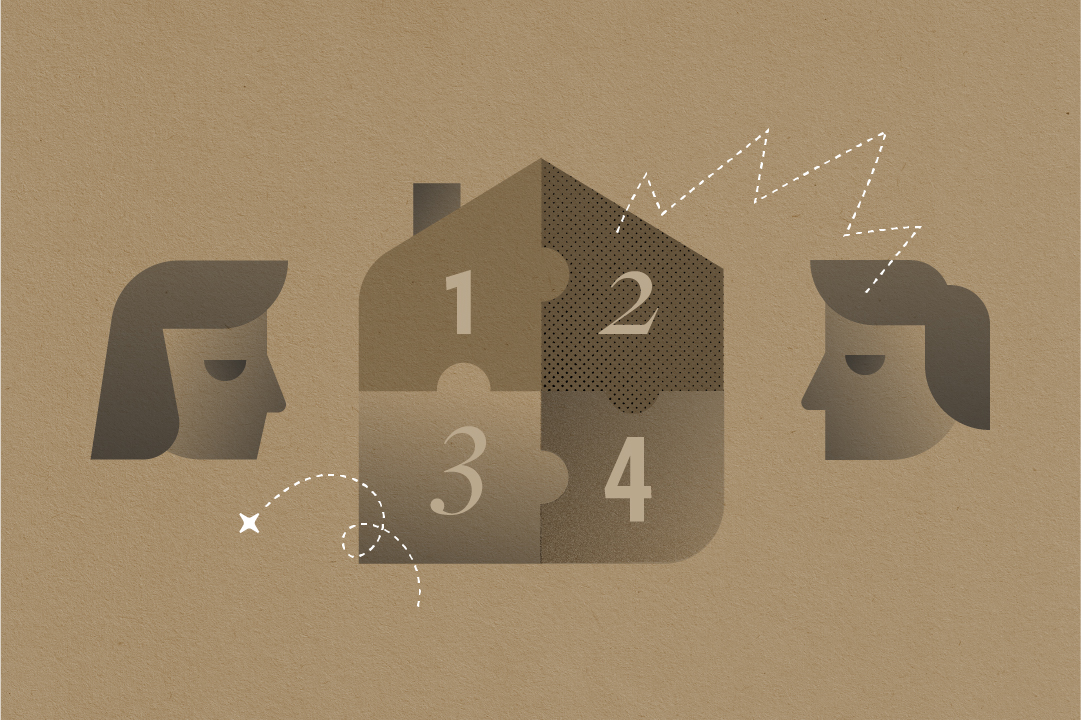Sometimes, parents are required by Court orders to pay child maintenance to children who have become adults even though they may have already completed their secondary education and have a degree of independence. The obligation to pay for adult children pursuant to the Family Law Act (1975) (“the Act”) is worded as an exception to the rule. Section 66L(1) reads:
“A court must not make a child maintenance order in relation to a child who is 18 or over unless the court is satisfied that the provision of the maintenance is necessary…”:
With regard to children under 18 years, a parent’s obligation to support them financially is covered by a separate piece of legislation.* .
For a Court to make an order that a parent pay child maintenance for an adult child, it must be satisfied that the provision of the maintenance is necessary:
“(a) to enable the child to complete his or her education; or
(b) because of a mental or physical disability of the child”.
The court must also be saistisfied that the parent expected to pay has the financial capacity to do so. In every case, there will normally be a tension between the merit of the case on behalf of the child and the appropriate extent of the obligation of a parent to have to continue to support an adult child financially.
Necessary to “complete education”
In determining what was necessary the Court in the case of Everett v Everett (2014) 52FAM LR No 1 found that “the central focus of the enquiry” is whether the maintenance is necessary to enable the child to complete his or her education; and that “necessary” does not mean “absolutely essential” but rather that the maintenance is needed by the child and that it is “reasonable” to require the parent to contribute, having regard to the parties’ financial circumstances and other relevant factors.
The child’s likelihood of success in completing the course may be considered. Evidence may also be required as to what course the child is undertaking and as to what their results are. The Court will generally consider the child’s ability to support themselves, the child’s income and earning capacity, (if any).
“Mental or physical disability”
In regard to the second limb the Court in Re AM (Adult Child Maintenance) (2006) 198FLR 221 held that liability does not depend on the disability having arisen at a particular time such as during childhood or on the child being “dependent”. In Re AM the Court found that the term “necessary” in Section 66L(1) means something more than morally or socially “desirable” but less than “absolutely necessary”.
The court also found that the word “disability” in section 66L(1)(B) refers more to consequence than causes. For example, a disabled person lacks mental power or a physical faculty or both and is restricted in the way he or she lives[1].
In the case of Re AM the applicant child made a claim against one parent for adult maintenance. The child in that case suffered from physical disability manifesting in chronic joint pain, muscle wasting, restricted movement, osteoporosis, synovitis, generalised weakness and the inability to walk unaided for any distance. The applicant could not manage herself and required ongoing personal care and attention.
In that case, the Court ordered that both the birth mother and birth father pay adult child maintenance to the child and divided the amount payable in an equitable manner between the parties. The court capped this at five (5) years.
In the case of Everett v Everett referred to above, the child in question suffered from Cystic Fibrosis which had been diagnosed as an infant. She was also diagnosed with diabetes which related to the Cystic Fibrosis and had an unrelated obsessive compulsive disorder.
In the matter of Adams and Simpson [2008] FMCAfam 1327 (19 December 2008) the child suffered Aspergers Syndrome and was diagnosed with Postural Hypotension. In this case, the Judge found that on the balance of probabilities His Honour was not convinced that the adult child was totally unsuited for any kind of employment and that the provision of maintenance would be necessary because of his disability. In that case the application was dismissed.
For more information or to make an appointment to see one of our family law solicitors in either our Canberra or Queanbeyan office, contact Carlos Turini – Accredited Family Law Specialist
e: cturini@elringtons.com.au | p: +61 2 6206 1300
*The Child Support (Assessment) Act 1989 creates an obligation for parents to pay maintenance for their children. A different term is used in that piece of legislation, namely, “child support” rather than “maintenance”: see articles in this website listed at https://elringtons.com.au/category/articles/family-law/childsupport/ Pursuant to the Child Support (Assessment) Act 1989, the obligation to pay child support ends when the child turns 18. Normally children are in Year 12 in high school when they turn 18 years and the legislation provides that, in that event, the child support obligation ends when the school year ends.
[1] [at paragraphs 73 to 74]








